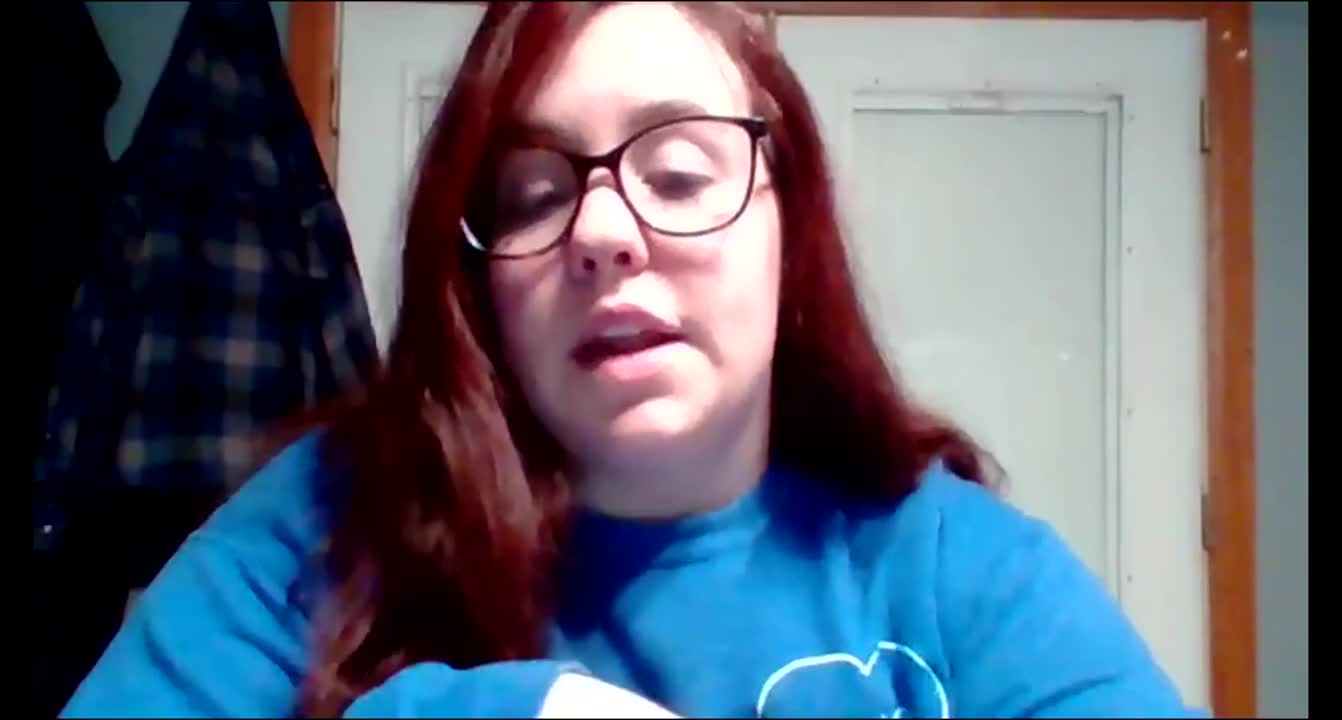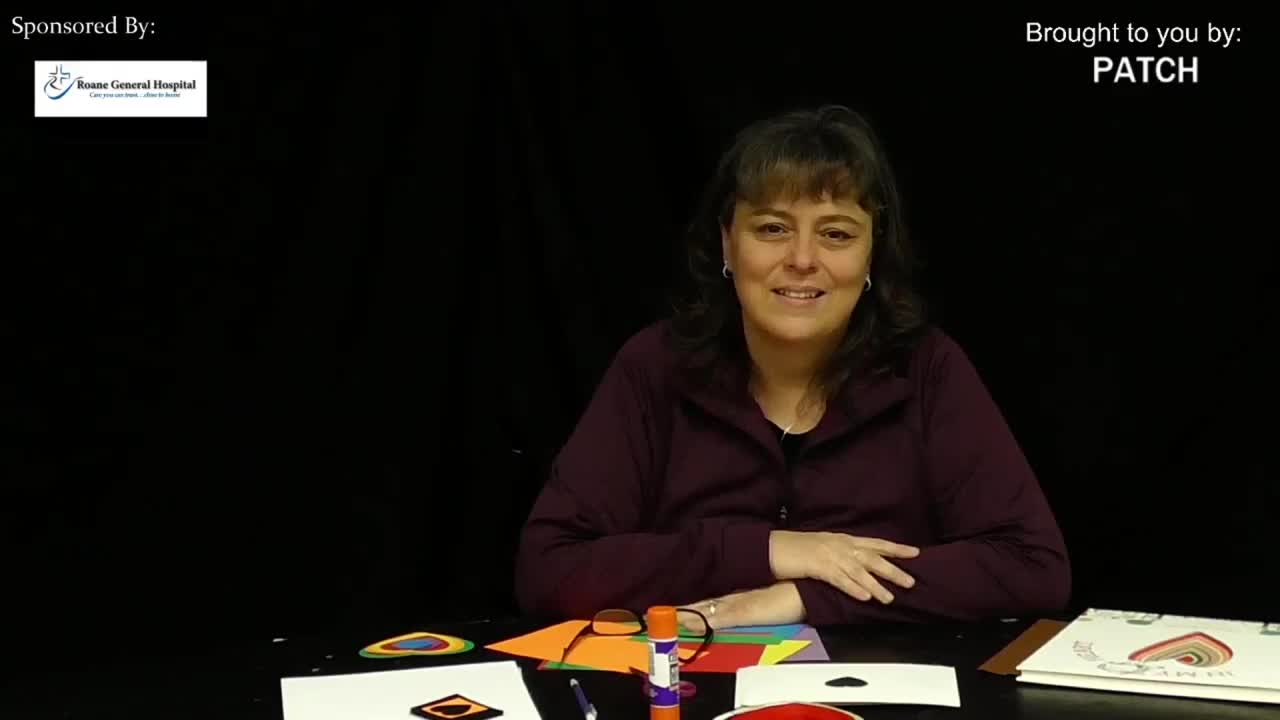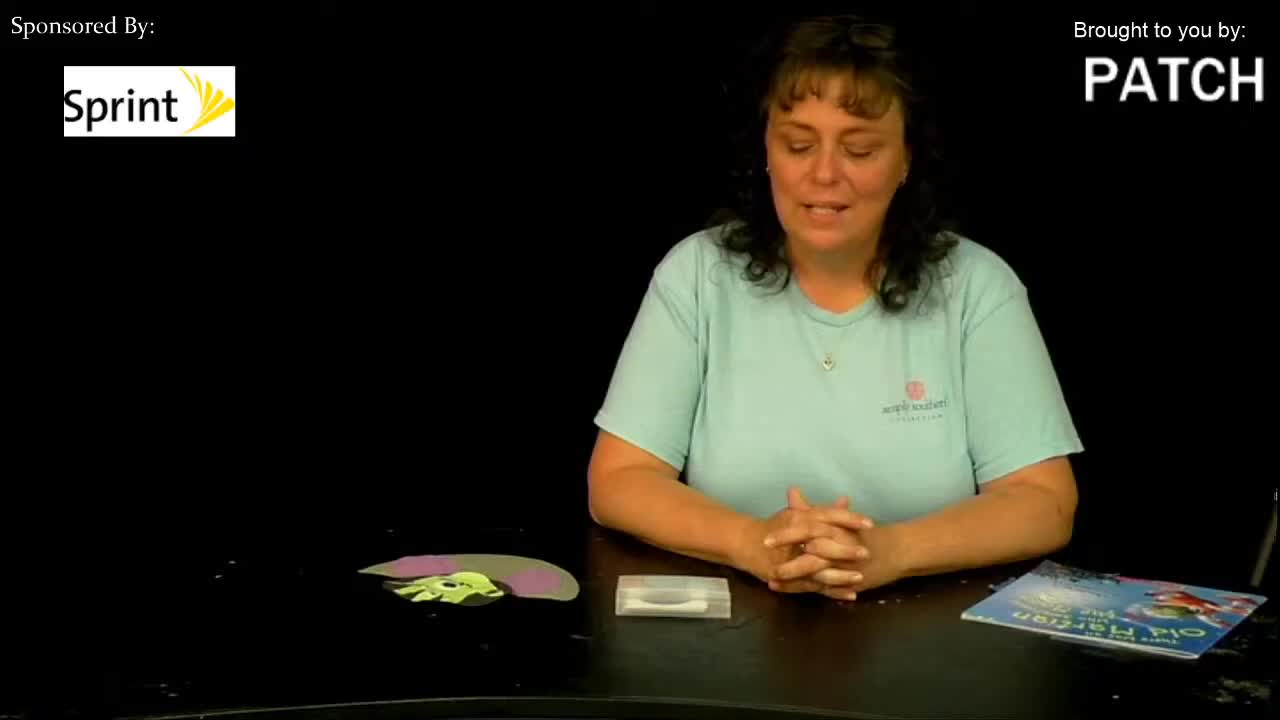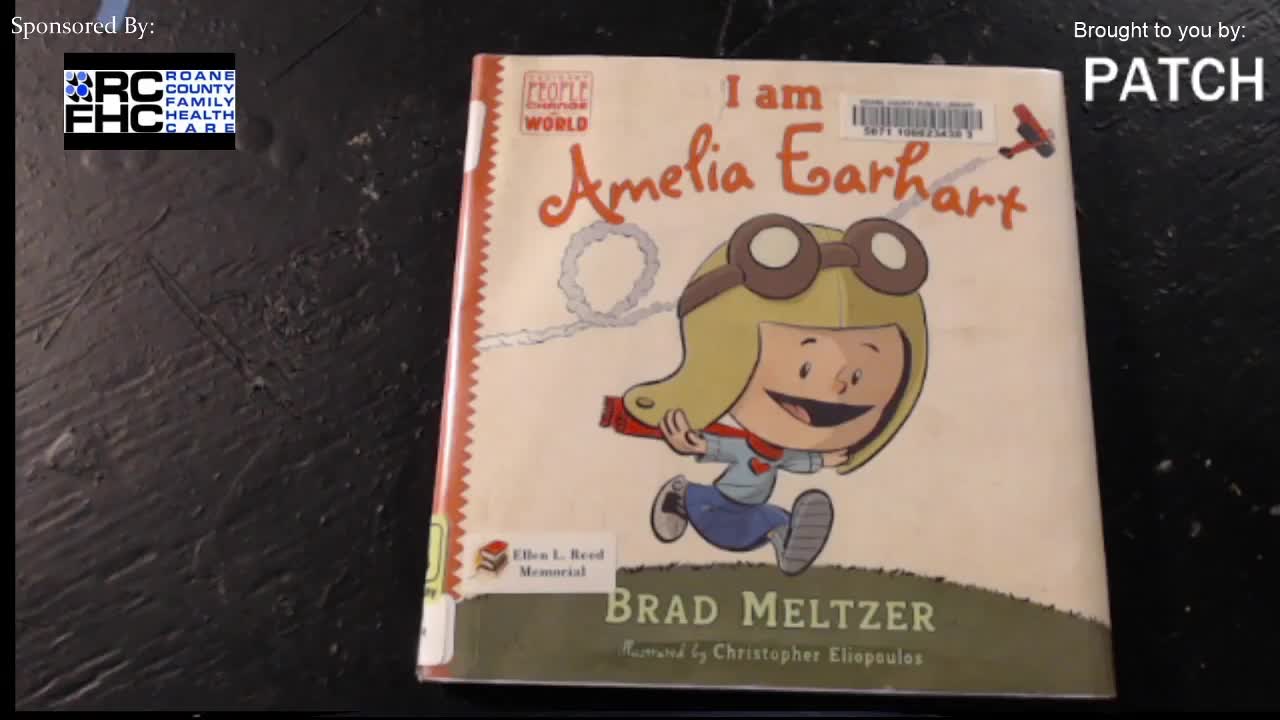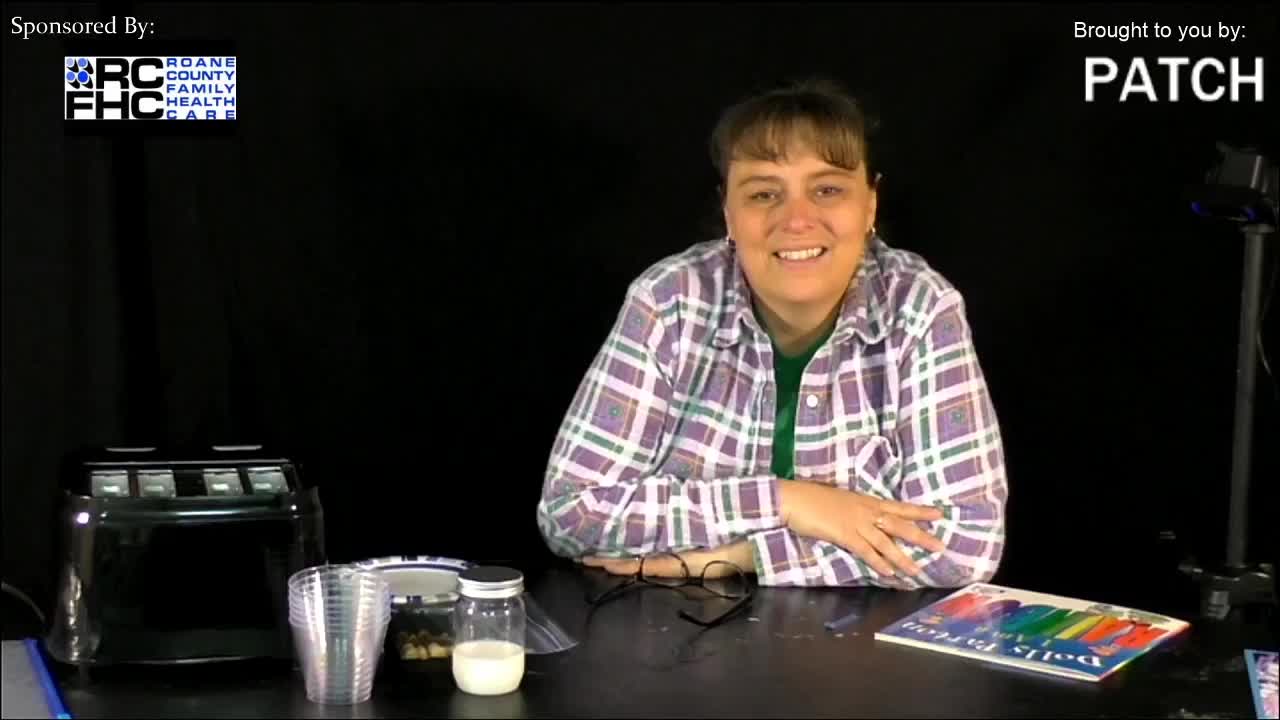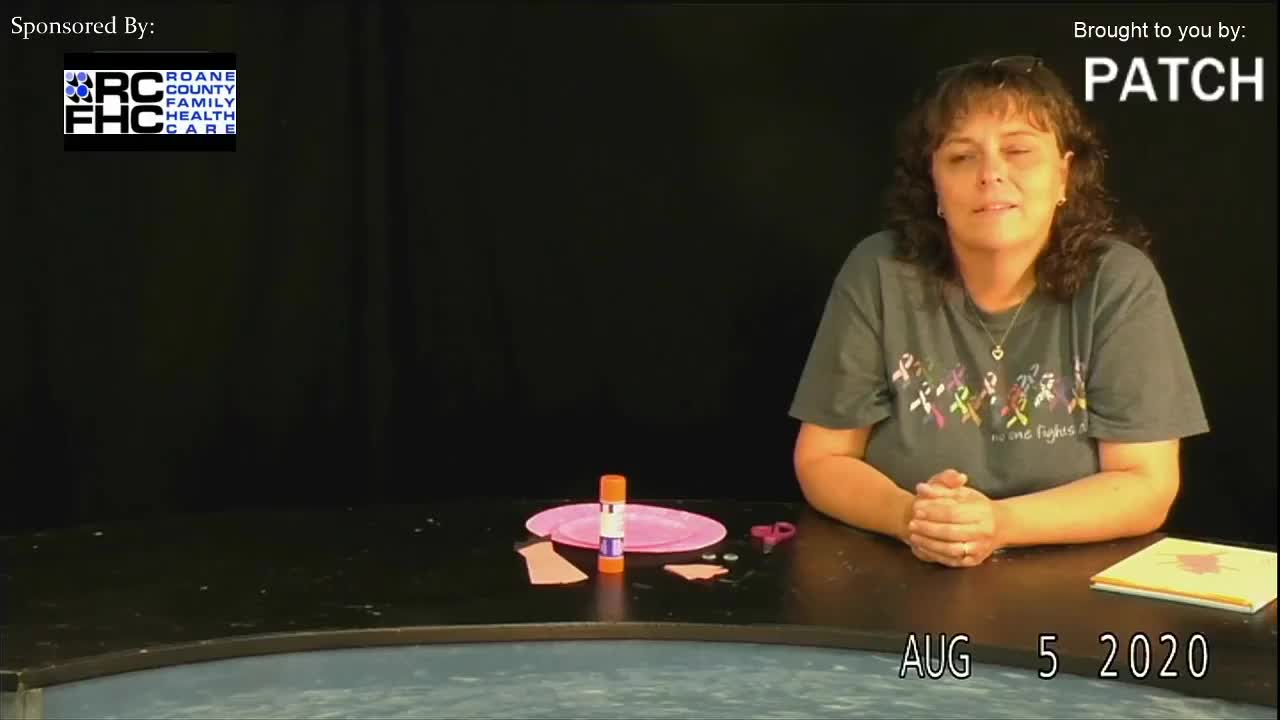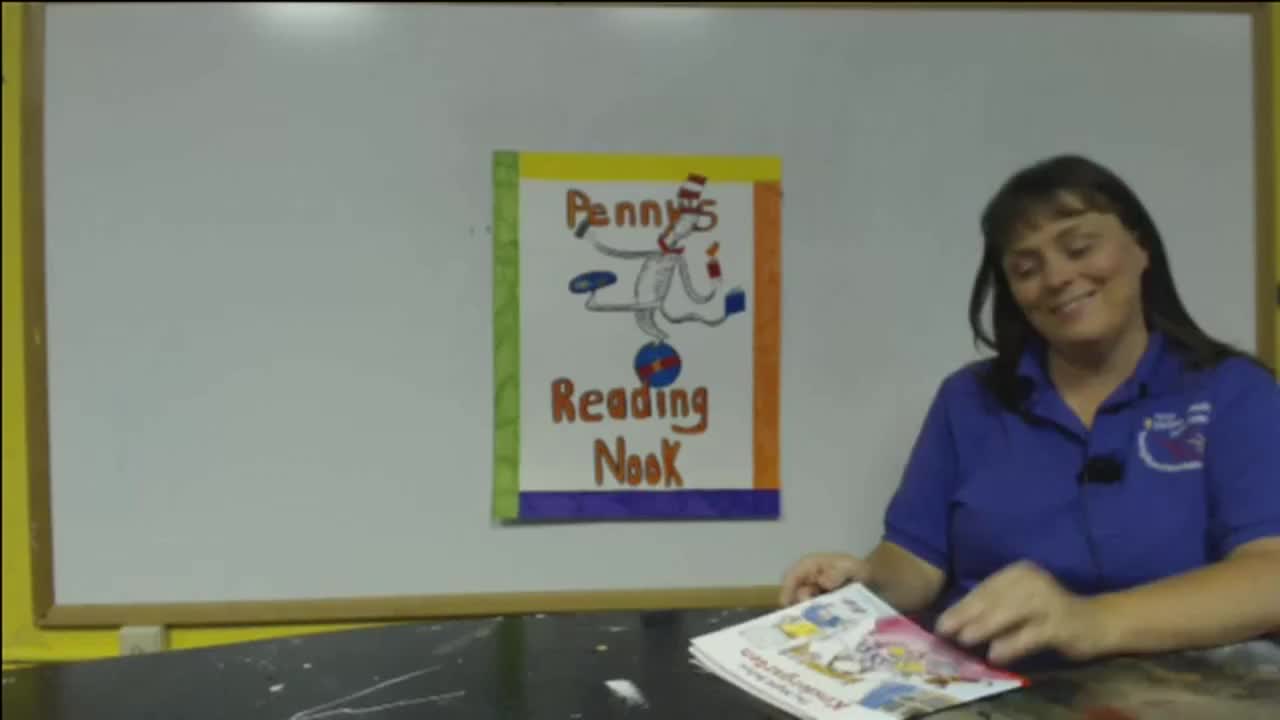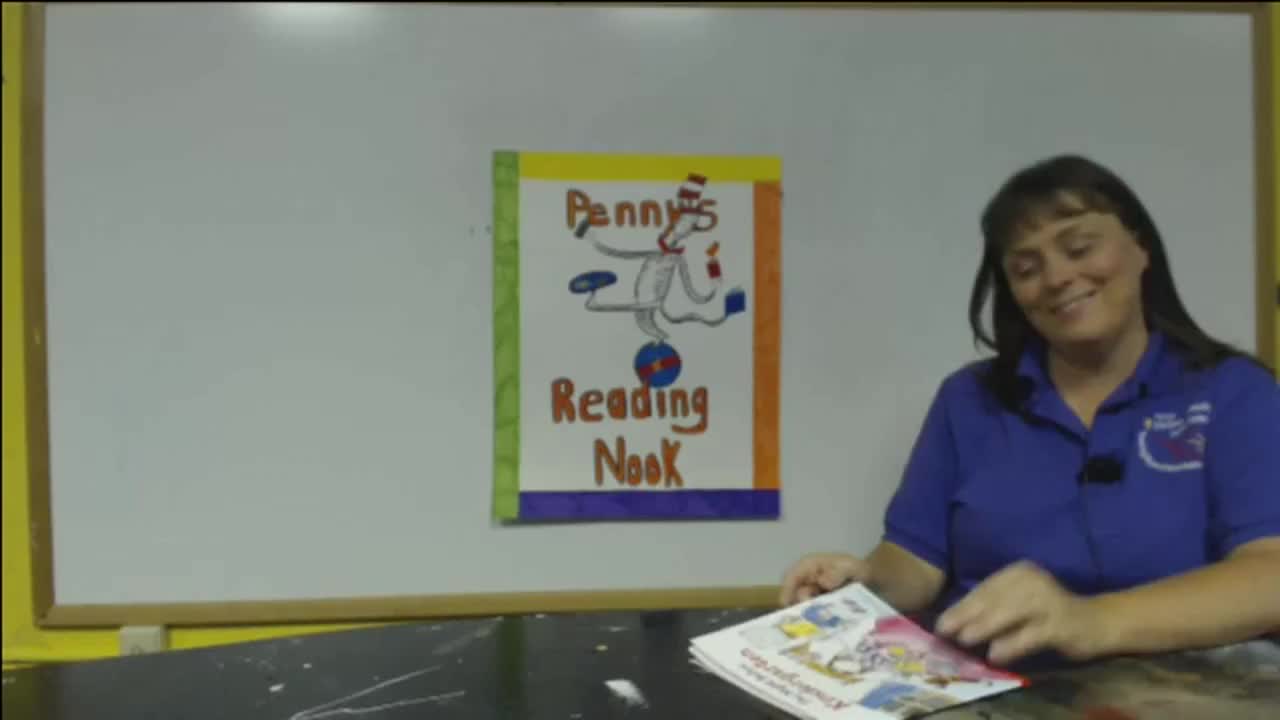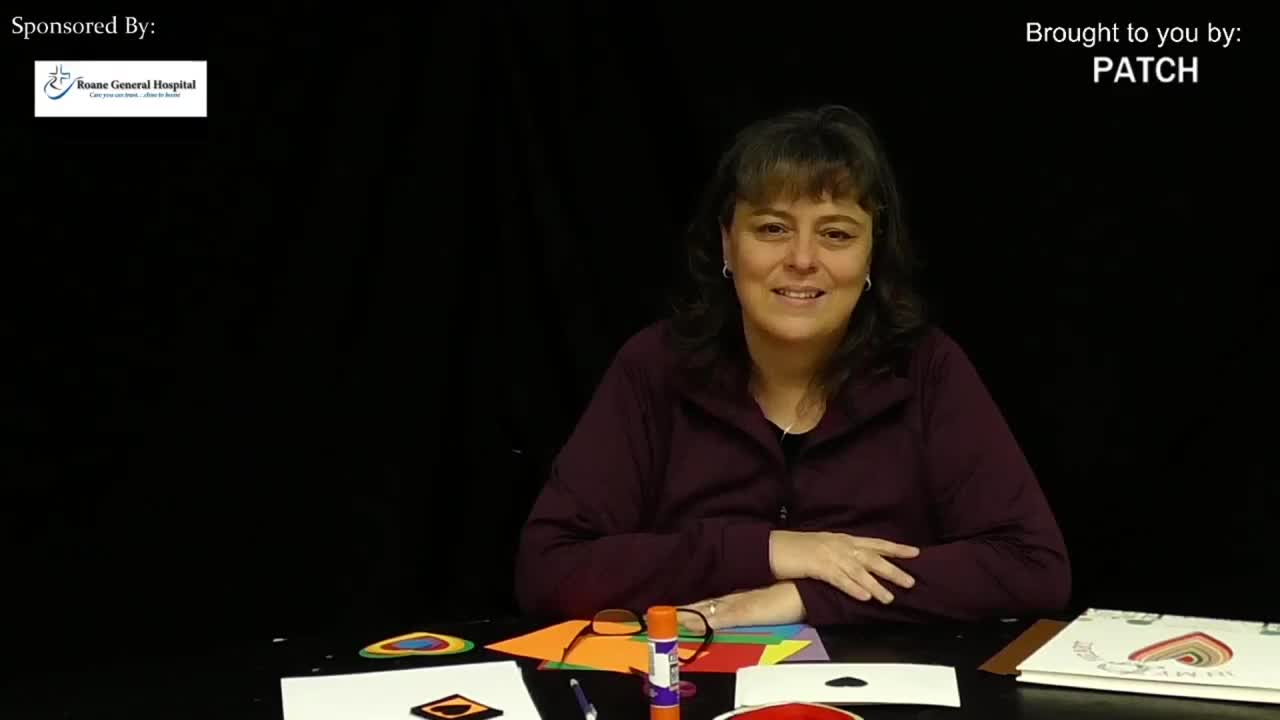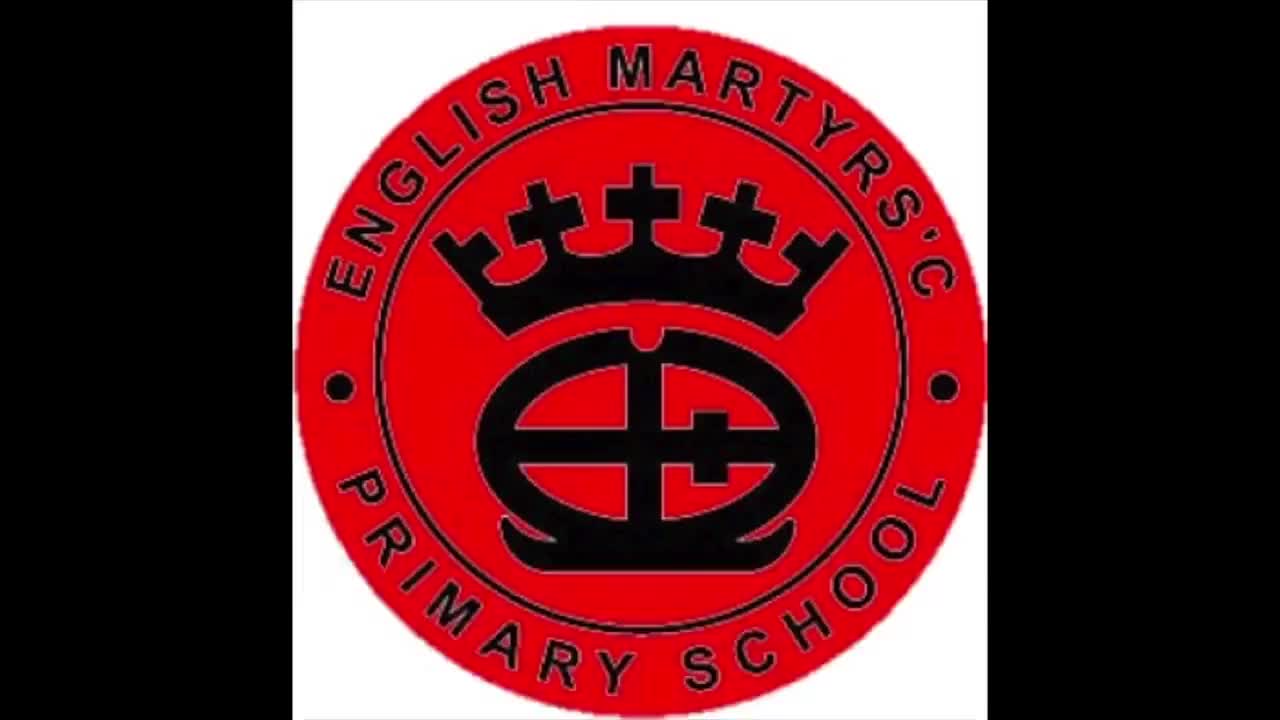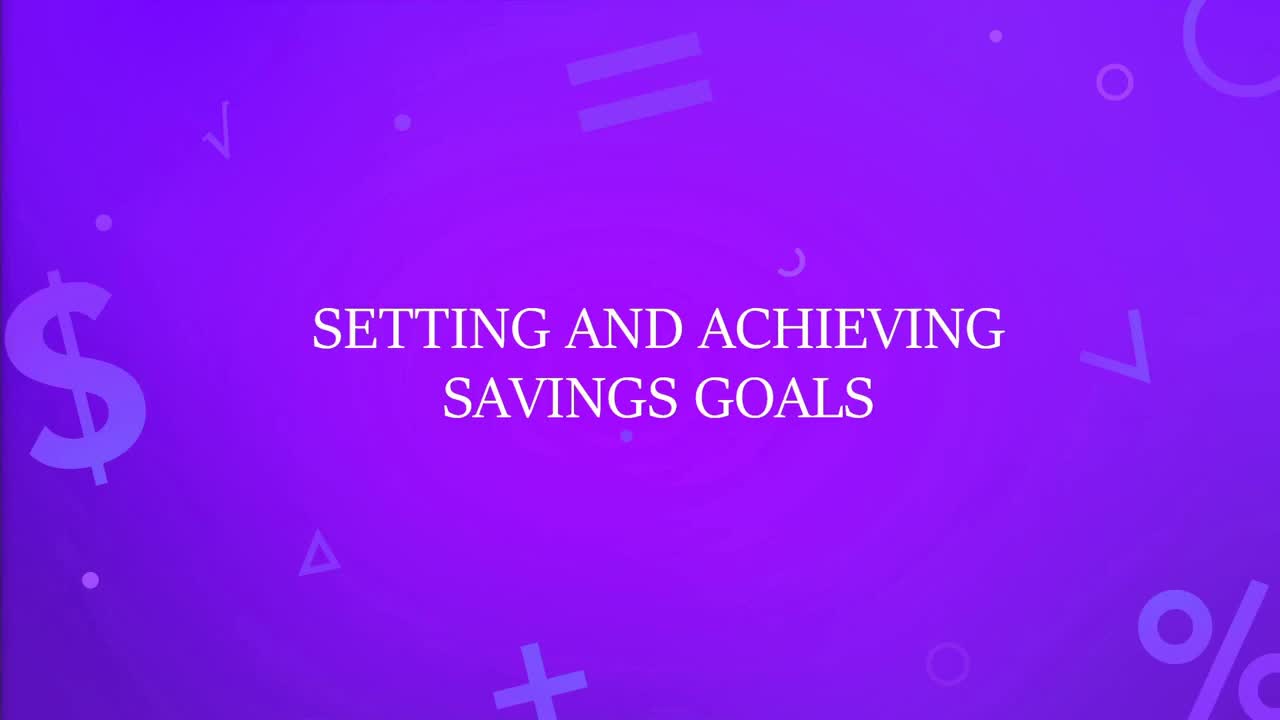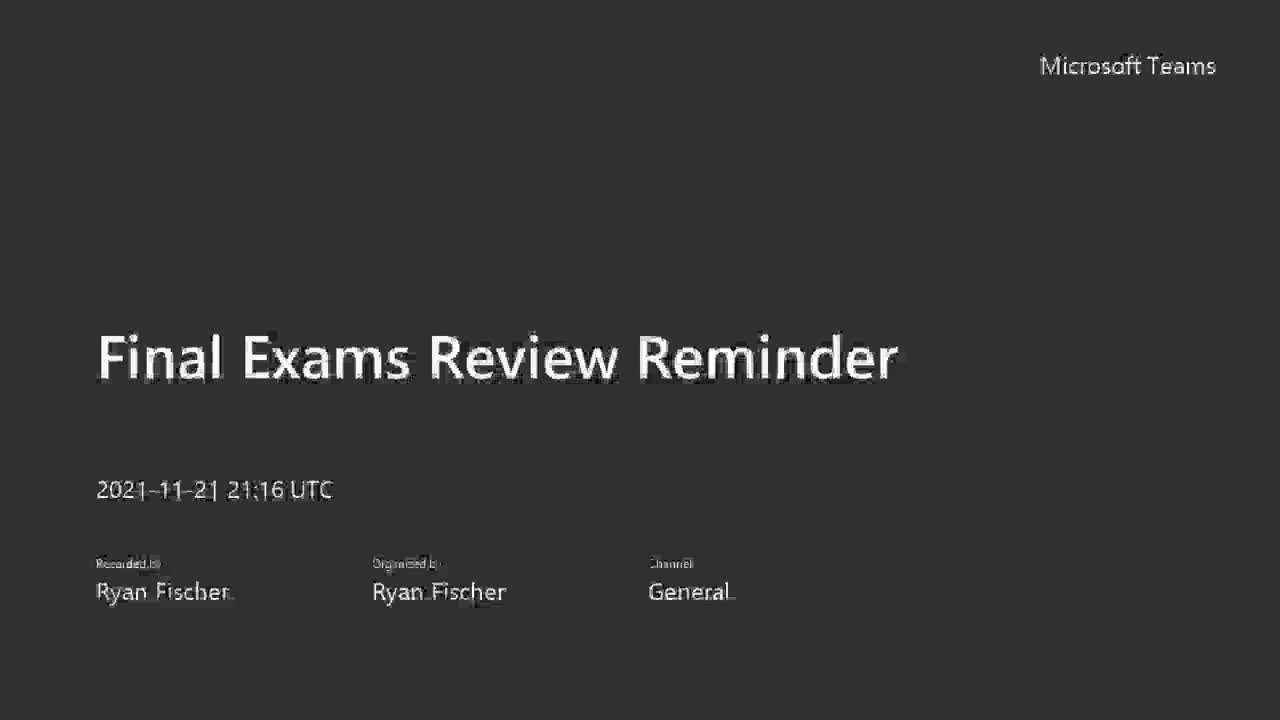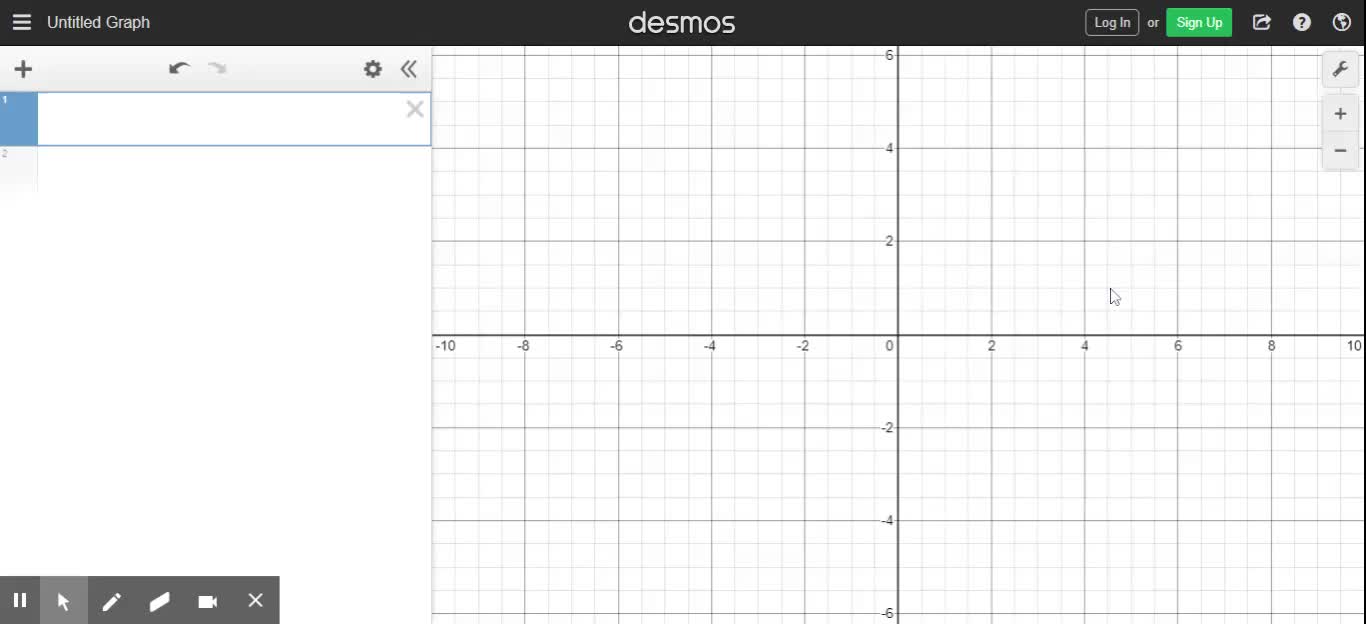2.7 Multiply Using Partial Products
High School / Arts / Art
Tonight's homework is very similar to what we did yesterday. I'm using partial products and the distributive property to help me multiply. So first of all, today we're going to get a good estimate of what our final product will be. Before we actually multiply. So to get 1200, we rounded 243 to 200 and multiply that by 6. So I know that when I multiply my answer will be somewhere around 1200. Then to actually multiply, I'm still kind of using expanded form here. I know that 243 equals 200 plus 40 plus three. I'm multiplying each of those by 6. So 200 times 6 is 1200 or 1200. 40 times 6 is 240. Three times 6 is 18. So these are my partial products that I add together to get my final product. Down here, a word problem or multiplying 365 times 8. First of all, I'm going to round 365 up to 400. Multiply that by 8, so my estimate is that when I get my final product, it'll be somewhere around 3200. Then to actually multiply 300 times 8 is 2400. 60 times 8 is 480. 5 times 8 is 40. And then I find the sum of these partial products. I add them together, and that gives me 2920. So I know that Pedro gets 2900 20 hours of sleep in a year.
